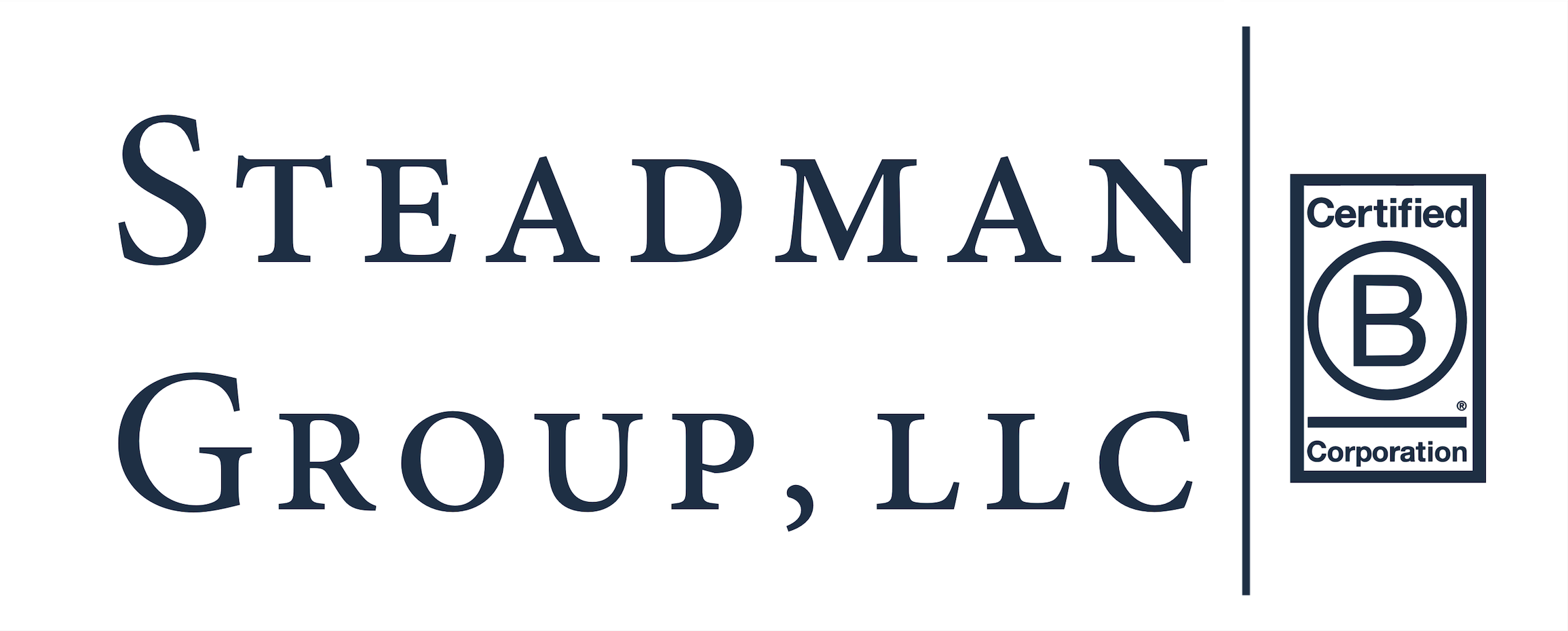“This [contingency management] has increased my client engagement by 100%,” states one case manager in a survey. It’s something that “gives clients another reason to engage, motivates them to remain engaged and gives them something to look forward to.”
Patient surveys reflect that contingency management helped them decrease the use of illicit drugs. “I showed up on time to make my appointments,” and had “the ability to buy extra necessities for myself,” music to a case manager’s ears.
This exciting new substance use intervention at Denver Health’s Addiction Treatment Services, isn’t really new at all. Contingency management (CM)– paying people small amounts to attend appointments and maintain abstinence from drugs–works. Several studies over the last 30 years have found it very effective and even the treatment of choice for treating people addicted to everything from stimulants like methamphetamine to opioids and even nicotine and alcohol.
Data from the Centers for Disease Control and Prevention (CDC) show a staggering 38% increase in opiate overdose deaths between 2019 and 2020 in Colorado—the largest increase in fatal overdoses in two decades. Overdoses of psychostimulants like methamphetamine and cocaine also impact the state. Colorado had 525 deaths from methamphetamine overdoses in 2020, a 131% increase since 2017. The scale of the substance use epidemic is outpacing resources available to substance use providers and persons seeking treatment. It’s time that Colorado widely embraces CM as a complementary intervention to ongoing substance use disorder treatments.
CM is a type of behavioral therapy that uses incentives or non-drug rewards such as cash, prizes, or vouchers for various goods or services, to encourage behavior change among participants. Imagine, the incentive for showing up to therapy or having a negative urine drug screen is the chance to spin the wheel—think Wheel of Fortune. A spin of the wheel gives participants the chance to win prizes, including cash values ranging from $10 to $100. Participants in the Denver Health CM program said the incentives helped them stop using substances, build healthier relationships, reconnect with family, attain gainful employment, and improve their confidence and mental health.
Outside of Denver Health, contingency management programs are hard to find in Colorado, despite overwhelming evidence of success. Implementing this strategy is often met with several barriers, usually rooted in stigma around substance use. Why should healthcare pay people who use drugs for what they should be doing anyways? The answer is simple, because it works, even though the general assumption is that the money will be used to buy more drugs. Research shows that misuse of incentive funds is low and abstinence from drugs is higher with more substantial cash value prizes.
Another hurdle in offering incentives for desired patient behaviors is the perceived violation of the federal anti-kickback statute. In Dec. 2020, the US Department of Health and Human Services (DHHS) Office of the Inspector General (OIG) issued final rule revisions to federal fraud, abuse and related items for Medicare and state healthcare programs. In this report, the OIG recognized “that research shows that contingency management interventions are the most effective currently available treatment for stimulant use disorders” and implemented a process to apply for review of proposed CM programs.
Lastly, who will fund these incentive programs? Sustainable long term CM programs will require multiple levels of stakeholder engagement. Relying on funding from private donors or grants limits the reach of CM. Ultimately, federal, state-run and private health insurance companies will need to work in partnership with substance use and behavioral health providers to establish OIG-approved CM protocols, billing structures and oversight processes. We owe this to our communities to put evidence-based programs into place to help curb the drug overdose epidemic.


